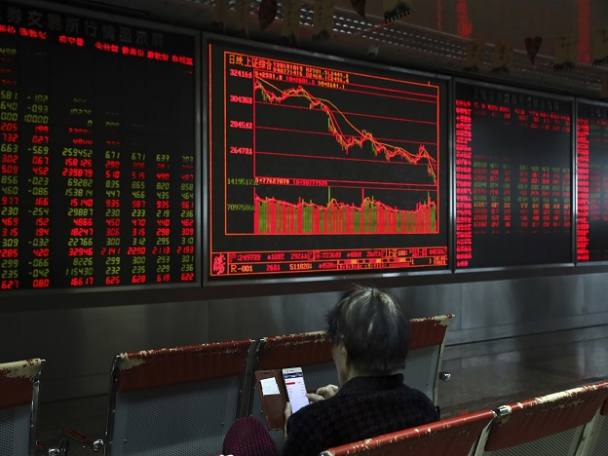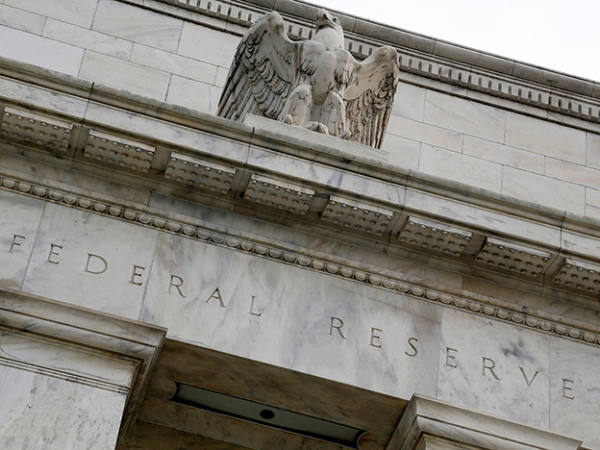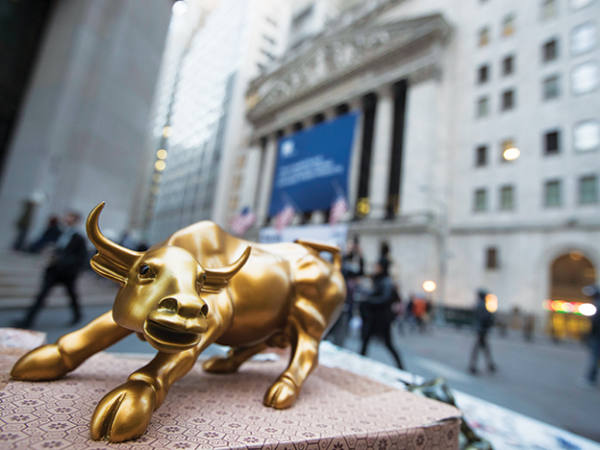We all like to think that we are rational investors choosing our assets based upon our best judgments about future market conditions. New research, however, suggests that this opinion is too flattering because in fact our judgments are coloured by distant events.
A new paper by the NBER's Erin McGuire shows this. She has found that economic conditions during our formative years “have a substantial impact on investment in adulthood”. People who lived in more affluent US states as teenagers, she shows, are significantly more likely to own shares even decades later.
This is true controlling for people’s current income, so it is not simply the case that people who grew up in rich areas own more shares because they are rich themselves. It’s also true controlling for both the year and state of birth. People who, say, saw the Great Depression of the 1930s in Oklahoma owned fewer shares than others later in life, but this isn’t because Oklahomans are more cautious than others, nor because people born around 1919 are more nervous.
Instead, what this shows is that our formative years can scar us for life. If we experience a recession when we are impressionable we remain risk-averse many years later. Your correspondent conforms to this pattern: he saw soaring unemployment in an industrial city in his teens, and today has a higher cash weighting than most investors.
This corroborates other evidence. Ulrike Malmendier and Stefan Nagel, two California-based economists, have shown that investors who experienced the Great Depression went on to own fewer shares later in life while those who experienced inflation in the 1970s in their formative years went on to hold fewer bonds. Professor Malmendier has also shown that people who saw the Great Depression and grew up to become chief executives ran their companies with less debt than younger bosses did.
In the same spirit a study of Swedish investors by the University of Miami’s Henrik Cronqvist and colleagues has found that people who grow up in poor homes, or who join the labour market in a recession, go on to buy more value stocks and fewer growth stocks than others. This suggests that hard times in our youth make us more pessimistic about growth when we are older.
The late Hyman Minsky had a similar idea, one that operates over a shorter time-span. Long periods of stability, he said, generate crises because they cause banks and investors to take on more risk as they forget the previous crisis. And once the crisis hits, they become more cautious again.
It’s not just attitudes to investment risk that are shaped by our memories of hard times, though. Andrew Newell at the University of Sussex has said that one reason why wage inflation was so low in the 1950s despite full employment was that workers’ memories of the mass unemployment of the 1930s cowed them into accepting low wages. As those with memories of the 1930s retired in the 1960s and 1970s to be replaced by men who had known only good times, so wage militancy increased.
From one perspective, all this seems odd. Economic history is the same for all of us and so should have the same influence upon our decisions. The Great Depression of the 1930s warns us that shares are risky even for long-term investors: the S&P 500 did not return to its 1929 peak in real terms until 1958, an entire investing lifetime later. This fact should influence our asset allocation. But why should it do so more for some than others?
The answer lies in a point made by the great 18th century Scottish philosopher David Hume. He distinguished between impressions, which are formed by direct experience, and ideas which are formed by what we’ve read or heard. And, he said, “the most lively thought is still inferior to the dullest sensation”. So experience influences us more than book learning. As another Enlightenment thinker, Friedrich Engels, said, “an ounce of action is worth a ton of theory”.
This explains why those of us in our 50s and 60s still struggle to come to terms with ultra-low interest rates and why some of our generation have been perpetually surprised by the failure of the 'bond bubble' to burst. Growing up in times of double-digit inflation and interest rates coloured our ideas about what are normal economic conditions, and these attitudes are not easily shaken by even the best economic theories explaining low and negative yields.
This is not to say that our formative years necessarily make us irrational. To some extent our early lives influence not our judgment but our tastes, by making us more or less risk-averse. And these tastes are no more rational or irrational than is a preference for jazz rather than classical music.
It does, however, mean one thing. We are not autonomous individuals making cold judgments in light of current facts, but we are instead creations of history. We should at least be aware of this fact.










